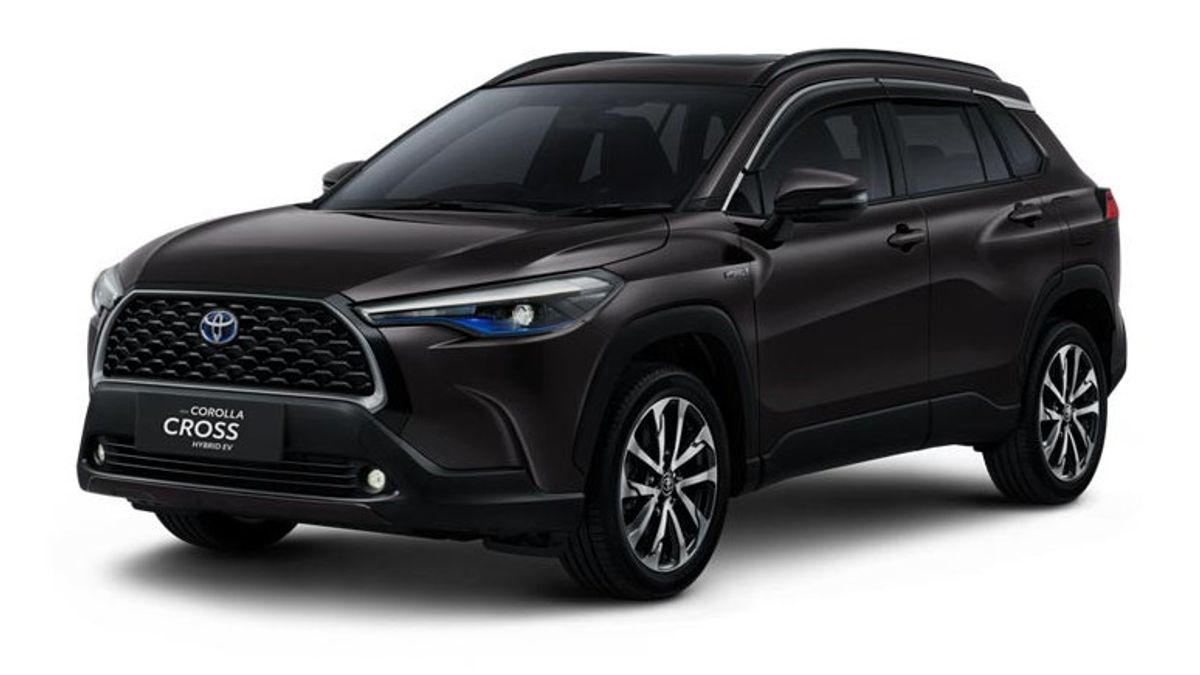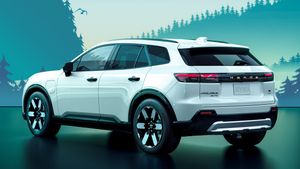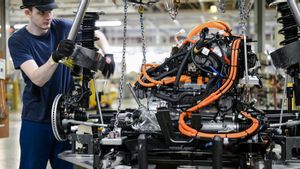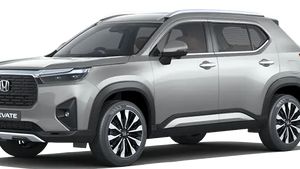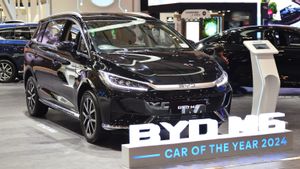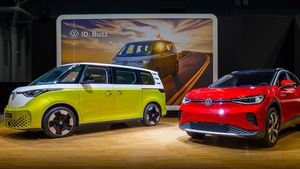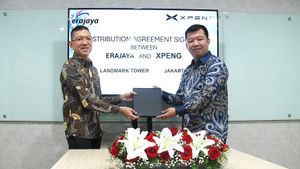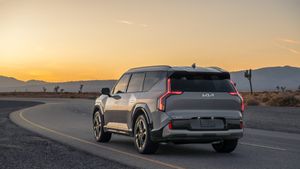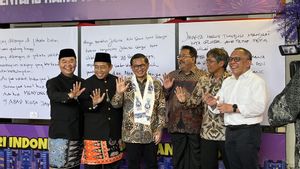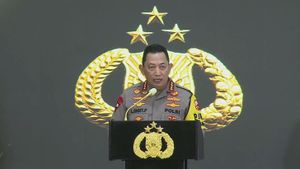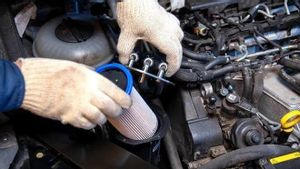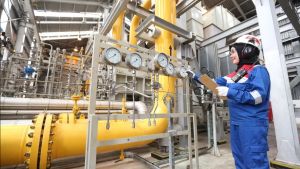JAKARTA - The development of electric vehicles is currently the main focus of automotive manufacturers, including Toyota through PT Toyota Motor Manufacturing Indonesia (TMMIN).
At the Gaikindo Indonesia International Auto Show (GIIAS) 2023 last August, Toyota exhibited a number of low-carbon, environmentally friendly vehicles, including several models of Hybrid Electric Vehicle (HEV), Plug-In Hybrid (PHEV), Battery Electric Vehicle (BEV), as well as technology hydrogen and bioethanol fuel.
This shows Toyota's commitment to developing environmentally friendly vehicles in Indonesia. During GIIAS 2023, Toyota also introduced the Fortuner E100 which uses bioethanol fuel.
Nandi Julyanto, President Director of PT TMMIN, expressed the importance of using renewable energy sources to replace fossil resources which are currently still widely used by society. Therefore, Toyota continues to innovate in providing sustainable energy solutions.
"Since we introduced the Innova Hybrid last year, we are ready to produce almost 20 thousand Innova Hybrid units. Furthermore, we are also ready to produce hybrid vehicles with other models," said Nandi, as reported by ANTARA, Thursday, September 7.
また読む:
In Indonesia, Toyota currently sells three types of low-emission vehicles, namely HEV, BEV and PHEV, which have been integrated into its various models.
Toyota has several HEV models, which combine two internal energy sources, namely fuel and battery with self-charging technology. Some models with this technology include the Toyota Kijang Innova Zenix HEV, Toyota Camry HEV, Toyota Yaris Cross HEV, and Toyota Corolla Cross HEV.
PHEV technology, which offers a direct charging option, allows the vehicle to use the battery purely from electricity when needed. Toyota provides the Prius PHEV and RAV4 GR Sport PHEV in its model range in Indonesia.
BEV technology, where the vehicle does not use petrol at all and its power comes entirely from pure electricity, has been introduced by Toyota in the bZ4x model.
Globally, Toyota plans to offer 10 new electric vehicle models and is committed to selling 1.5 million zero-emission cars by 2026. As the largest automotive brand in the world, Toyota also continues to advance the development of BEV, PHEV, FCEV (fuel-powered) vehicles. cell electric vehicle), HEV, H2 (hydrogen), and CN (connected vehicles) in the future.
The English, Chinese, Japanese, Arabic, and French versions are automatically generated by the AI. So there may still be inaccuracies in translating, please always see Indonesian as our main language. (system supported by DigitalSiber.id)
